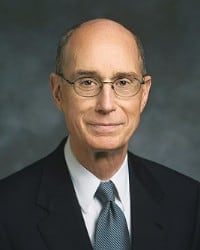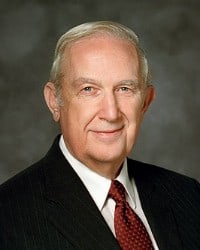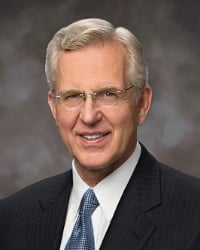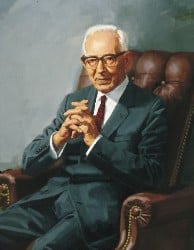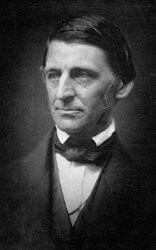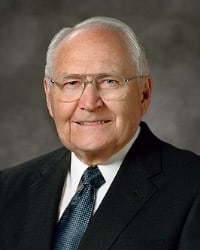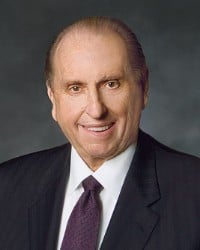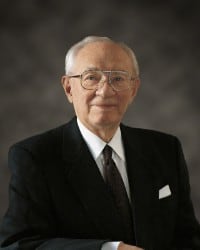“In time, one who makes decisions based upon circumstance is virtually assured to commit serious transgressions. There is no iron rod of truth to keep that person in the right way. He will continually be faced with many subtle temptations to make deviations from the commandments. Those choices are justified by arguing that they are not that bad, that they are more socially acceptable and provide a broader base of friends. A clever individual without foundation principles can at times acquire, temporarily, impressive accomplishments. Yet that attainment is like a sand castle. When the test of character comes, it crumbles, often taking others with it.
“The second pattern, making decisions based upon eternal truth, is the pattern of the Lord. It will always lead you to make decisions guided by His plan of happiness. Such decisions are centered in doing what is right, not in first deciding the result desired. Choosing to do what the Lord has defined as right will, in the long run, always lead to the best outcomes. However, that pattern may require you to set aside something you very much desire now for a greater future good.”
Richard G. Scott
| "The Power of Righteousness"
Topics: Character, Decisions, Truth
